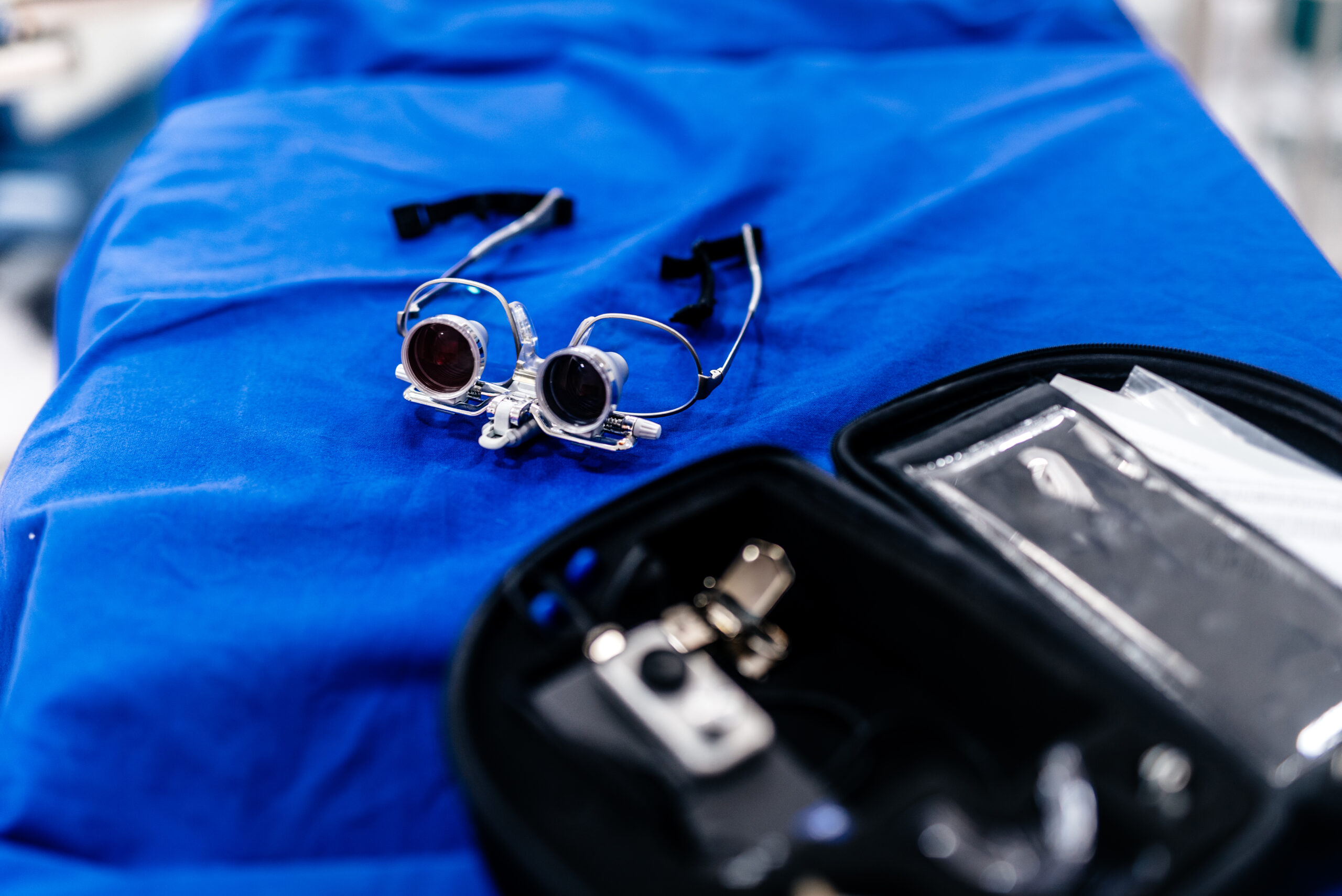
Chronic Stress and the Need to Get Back in Touch with Who We Are
By Paul A. Henny, DDS
Coping with Stress and Trauma
If you hang around me long enough, the conversation will eventually turn toward the amazing work of Gabor Maté, MD. Maté is a Canadian of Hungarian decent. He is also Jewish, and barely survived the Nazi invasion of Budapest. He has spent his life studying the effects of trauma on the body, both physical and emotional, and he has authored several books. WHEN A BODY SAYS NO is a favorite of mine.
All of Maté’s work has a common theme: how we individually cope with stress, and when it’s severe enough, trauma. He also advances the bold theory that most of our diseases and dysfunctions today are self-inflicted, even cancer and autoimmune disorders. They are self-Inflicted in the sense that our body does it to itself in its dysfunctional attempt to cope with chronic stress.
Maté maintains that chronic stress, particularly in a young child, causes the child to dial back their sensitivity to the environment, to stop paying close attention, because it is or might be too painful.
If you can follow this line of thought, then you will be led to better understand Mate’s theory regarding the common mental dysfunction ADHD, and even some of the milder forms of autism. Maté states that a stressed mother releases stress hormones into the placenta, and when chronically present, these can negatively influence brain development resulting in autism in some cases.*
Note: Stress can also originate externally from toxins in the environment and food, and from working and living in toxic cultures.
Today’s Toxic Culture and It’s Impact on Dental Practice
Those of you who have heard me speak, have heard me say this before. We live in a very toxic culture today. We all try to cope with too much information, too many decisions, and too many stressful issues lingering in the back of our mind left unresolved. And the outcome is similar: we tend to dial back on our sensitivity to the environment.
Consequently:
- We start to think of others as being problems to be resolved instead of people.
- We stop sensing other people’s feelings.
- We stop paying attention to our gut and intuition.
- We start blaming instead of understanding.
- We start manipulating instead of listening.
Combine all of these together, it isn’t hard to imagine the daily functioning of the average dental practice:
- Detached
- Unauthentic
- Reductionistic
- Money-centric
- High stress
Hence, lots of personal dissatisfaction occurs among staff and patients.
Getting Back to Whole-Self, Whole-Person Dentistry
Whole-person dentistry takes into consideration the whole person physically and emotionally. It requires us to be sensitive to our patients feelings, expectations, and experiences. It also requires us to be sensitive to our own feelings, because without them, we can’t sense others and the world around us accurately.
Without sensitivity, we work through the day like an autistic child in a bubble, and then wonder why our patients don’t listen to us or take our advice. Thus, the road to true person-centered care must first run through us. And that needs to be a life-long pursuit —the process of getting back in touch with who we truly are inside and how we feel. THAT is what L. D. Pankey was trying to tell us when he said, “Know Yourself.”






